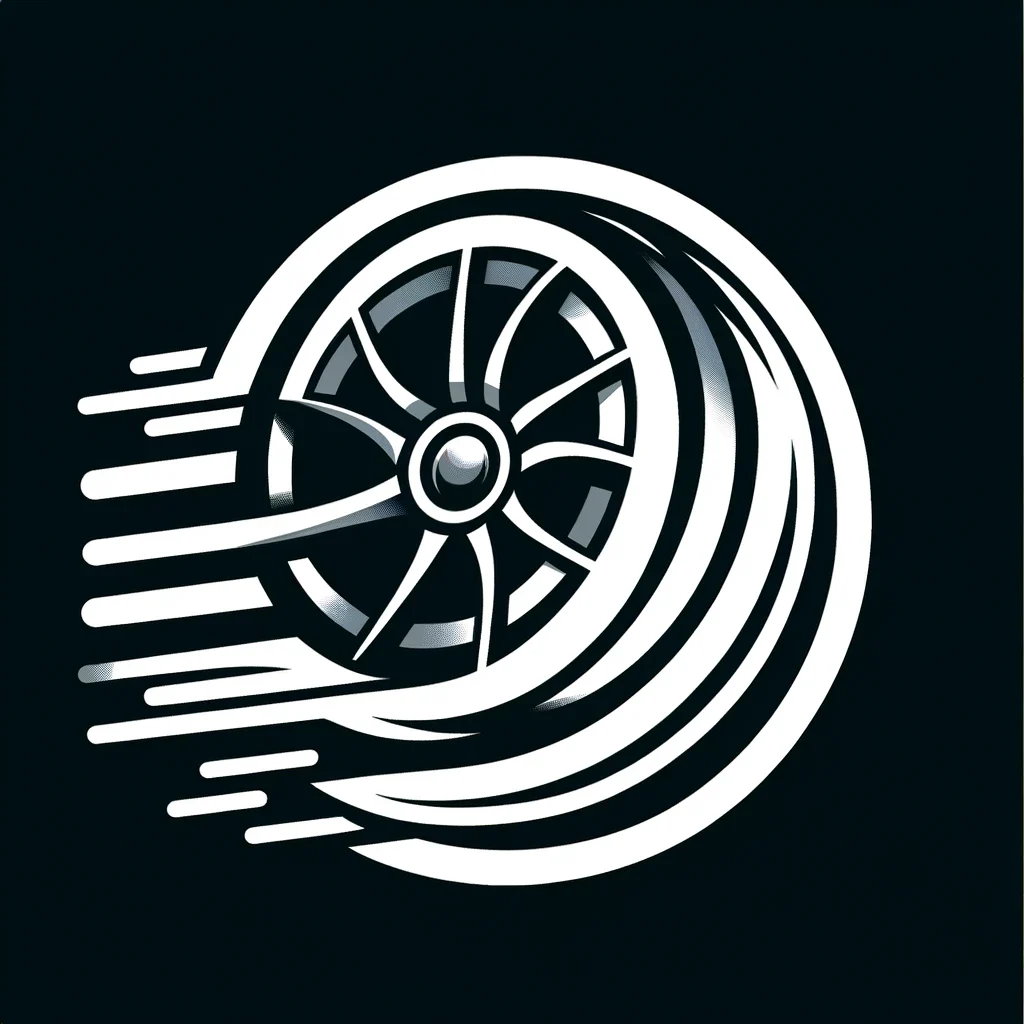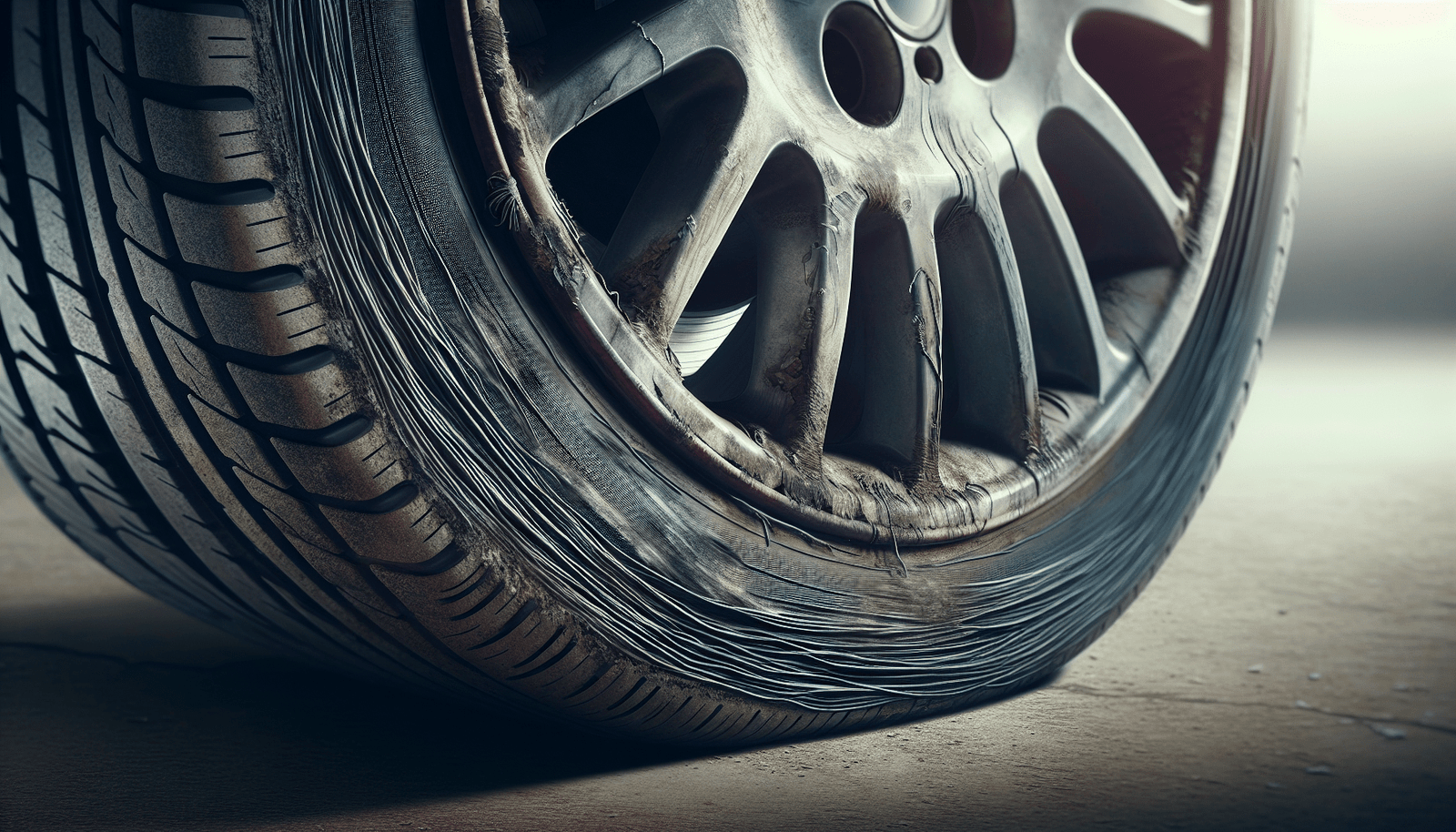Are you aware of the importance of regular rim inspections for your vehicle? Taking the time to inspect your rims on a consistent basis can help prevent issues such as tire blowouts, misalignments, and other safety hazards on the road. By routinely checking for any signs of damage or wear, you can ensure that your rims are in optimal condition, leading to a smoother and safer driving experience. Stay proactive and incorporate regular rim inspections into your vehicle maintenance routine to keep your wheels rolling smoothly.
The Significance of Regular Rim Inspections
Have you ever considered the importance of regularly inspecting your rims? Your vehicle’s rims play a crucial role in the overall performance and safety of your car. In this article, we will delve into the significance of regular rim inspections and why it is essential for you to pay attention to this often overlooked aspect of car maintenance.
Why Regular Rim Inspections Are Important
Regular rim inspections are vital because they help ensure the safety and longevity of your vehicle. Your rims are constantly exposed to various elements on the road, such as debris, potholes, and curbs, which can cause damage over time. By regularly inspecting your rims, you can catch any issues early on and prevent more significant problems from developing.
How Often Should You Inspect Your Rims
It is recommended that you inspect your rims at least once a month or whenever you have driven over rough terrain. Additionally, it is a good idea to inspect your rims after hitting a pothole or curb, as these impacts can cause immediate damage. By making rim inspections a regular part of your car maintenance routine, you can catch any issues early on and prevent them from escalating.
What to Look For During a Rim Inspection
During a rim inspection, there are several key things to look for that may indicate damage or wear on your rims. Some common signs of rim damage include:
-
Scratches or Gouges: Look for any visible scratches or gouges on the surface of your rims, as these can indicate damage from curbs or debris on the road.
-
Dents or Bends: Check for any dents or bends in the rim, as these can affect the structural integrity of the wheel and potentially lead to a blowout.
-
Cracks or Corrosion: Inspect for any cracks or corrosion on the rim, as these can weaken the material and lead to a rupture.
-
Air Pressure Loss: Monitor for any unexplained air pressure loss in your tires, as this can be a sign of a leaking rim.
By being vigilant during your rim inspections and looking out for these common signs of damage, you can catch any issues early on and prevent them from escalating into more significant problems.
How to Inspect Your Rims
Inspecting your rims is a relatively straightforward process that you can do at home without any specialized tools. Here are some simple steps to follow when conducting a rim inspection:
-
Clean Your Rims: Start by thoroughly cleaning your rims with soap, water, and a microfiber cloth. This will help you see any damage or wear more clearly.
-
Visually Inspect Your Rims: Look closely at the surface of your rims for any scratches, dents, cracks, or corrosion. Take note of any irregularities or abnormalities that you see.
-
Check for Air Pressure Loss: Use a tire pressure gauge to check the air pressure in each of your tires. If you notice any significant air pressure loss, it may indicate a leaking rim.
-
Inspect the Rim From the Inside: If possible, remove your tires to inspect the inside of your rims for any hidden damage. Look for dents, cracks, or corrosion on the inner surface.
By following these steps and conducting regular rim inspections, you can ensure that your rims are in good condition and catch any issues early on before they escalate.
The Benefits of Regular Rim Inspections
Regular rim inspections offer several key benefits, including:
-
Enhanced Safety: By catching any rim damage early on, you can prevent blowouts and other safety hazards on the road.
-
Extended Rim Lifespan: Regular inspections can help prolong the lifespan of your rims by addressing any issues promptly before they worsen.
-
Cost Savings: By preventing major rim damage, you can avoid costly repairs or replacements down the line, saving you money in the long run.
-
Improved Performance: Maintaining your rims in good condition can improve your vehicle’s overall performance and handling on the road.
By understanding the benefits of regular rim inspections, you can see why it is essential to incorporate this maintenance task into your regular car care routine.
Common Rim Problems and How to Address Them
There are several common rim problems that you may encounter during your inspections. Here are some of these issues and how you can address them:
-
Scratches or Gouges: If you notice scratches or gouges on your rims, you can touch them up with paint or opt for professional refinishing services to restore the appearance of your wheels.
-
Dents or Bends: For dents or bends in your rims, you may be able to have them repaired by a professional wheel repair shop. In some cases, severe damage may require a rim replacement.
-
Cracks or Corrosion: If you find cracks or corrosion on your rims, it is essential to address these issues promptly. Depending on the severity of the damage, you may need to have your rims repaired or replaced.
-
Air Pressure Loss: If you are experiencing air pressure loss in your tires, it may be due to a leaking rim. In this case, you should have your rims inspected by a professional to determine the source of the leak and address it accordingly.
By knowing how to identify and address common rim problems, you can take proactive steps to maintain the condition of your rims and prevent more significant issues from developing.
When to Seek Professional Help
While conducting regular rim inspections is crucial for maintaining your rims, there are instances where you may need to seek professional help. If you encounter any of the following issues during your inspections, it is recommended to consult with a professional:
-
Severe Damage: If you notice severe damage to your rims, such as extensive dents, cracks, or corrosion, it is best to have them assessed by a professional to determine the appropriate course of action.
-
Air Pressure Loss: If you continue to experience air pressure loss in your tires despite checking for leaks, it may indicate an issue with your rims that requires professional attention.
-
Alignment Problems: If you notice that your vehicle is pulling to one side or experiencing vibration while driving, it may be a sign of alignment issues related to your rims that need to be addressed by a professional.
By knowing when to seek professional help for your rim-related issues, you can ensure that any damage or problems are addressed promptly and effectively.
Conclusion
Regular rim inspections are a crucial aspect of car maintenance that should not be overlooked. By conducting regular inspections and being vigilant for signs of damage or wear, you can ensure the safety, longevity, and performance of your rims. Remember to inspect your rims at least once a month or after driving over rough terrain, and seek professional help if you encounter any severe damage or issues. By taking proactive steps to maintain the condition of your rims, you can enjoy a safer and more reliable driving experience.

